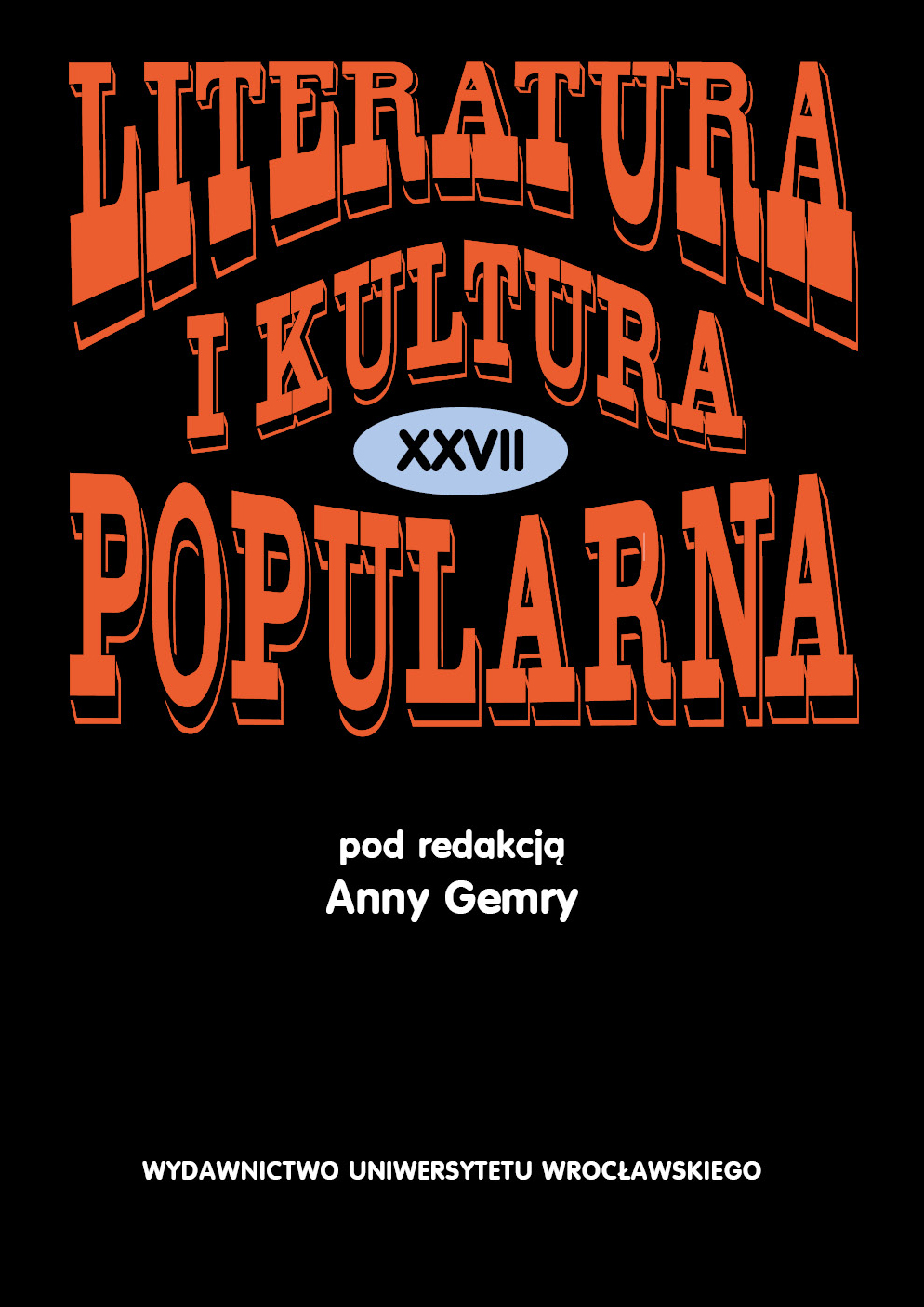

Artykuły

In the article the project of mapping the theories of fantastic literature in Poland is going to be presented. Methodology proposals have been completed by microanalyses of selected examples. It is of our conviction that the advancement of theoretical studies on the fantastic allows for introducing some arrangements, specifically in terms of reconstructing the mechanisms and conditions for building up the knowledge.
We make use of the emergence theory focusing on repeatedness of accidental occurrences in, for instance, transferring and grounding notions or quite opposite in disqualifying particular scientific concepts and aiming at the strength of personal (biographical, geographical) conditions and idiosyncrasy in forming critical discourses on the fantastic phenomenon.
The theory frame of the project is set up mainly by the concepts resulted from the spatial turn in the humanities. The arrangements of occurrences and cases made in the Polish theory of the fantastic are in reference to the concept of cultural geography, cultural mobility, migration studies and biographical materialism.
It is proposed to benefit from derived therefrom the methods for data development, one of them the map. It is postulated also to identify the, so called, “lineages”, that is the theoretical and literary approaches to the fantastic,viewed in terms of long-term structures [longue durée] (it is mentioned in the article aimed at the study of the case dealing with the reception of literary works and theoretical studies of S. Grabiński via A. Hutnikiewicz). In turn, the study on cultural mobility (adaptation, reinterpretation, transferring, translation of particular approaches and concepts in the fantastic theory) will demonstrate the directions, speed and potentials in spreading the theory, for instance foreign ones in Poland and Polish abroad, respectively (it is emphasized in the study on the case of the reception of the T. Todorov via S. Lem fantastic theory). Finally it is of great interest to look into nomadic biographies (geographically and intellectually) of Polish fantastic literature theorists. It is proposed to reinforce in the studies not only the issue of human factor but also the material (artefacts, places) and the institutional (e.g. journals, universities) ones in determining communicative memory of particular theories of fantastic literature.